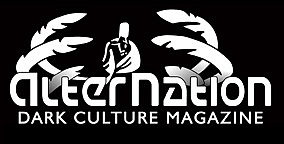New wave
The term New Wave itself is a source of much confusion. It was introduced in 1976 in Great Britain by Sex Pistols manager Malcolm McLaren as an alternative label for what was also being called "punk". The term referenced the avant-garde, stylish French New Wave film movement of the 1960s. The label was soon picked up by British punk fanzines such as Sniffin' Glue and then the professional music press. Thus, the term "New Wave" was initially interchangeable with "punk".
In the United States, Seymour Stein, the head of Sire Records, needed a term by which he could market his newly signed bands, who had frequently played the club CBGB. Because radio consultants in the U.S. had advised their clients that punk rock was a fad (and because many stations that had embraced disco had been hurt by the backlash), Stein settled on the term "New Wave". Like those film makers, his new artists, such as Ramones and Talking Heads, were anti-corporate, experimental, and from a generation that had grown up as critical consumers of the art they now practiced.
Soon, listeners began to differentiate some of these musicians from "true punks". The music journalist Charles Shaar Murray, in writing about the Boomtown Rats, has indicated that the term New Wave became an industry catch-all for musicians affiliated with the punk movement, but in some way different from it.
The Rats didn’t conform precisely to the notional orthodoxies of punk, but then neither did many other bands at the forefront of what those who were scared of the uncompromising term 'punk' later bowdlerized to New Wave. You weren’t allowed to have long hair! The Ramones did. Guitar solos verboten! The defence calls Television. Facial hair a capital offence! Two members of The Stranglers are in mortal danger. Age police on the prowl for wrinklies on the run! Cells await Ian Dury, Knox from The Vibrators and most of The Stranglers. Pedal steel guitars and country music too inextricably linked with Laurel Canyon coke-hippies and snooze-inducing Mellow Mafia singer/songwriterismo. Elvis Costello, you’re busted.
Music that followed the anarchic garage band ethos of the Sex Pistols was distinguished as "punk", while music that tended toward experimentation, lyrical complexity, or more polished production, was categorised as "New Wave". This came to include musicians who had come to prominence in the British pub rock scene of the mid-1970s, such as Ian Dury, Nick Lowe, Eddie and The Hot Rods, and Dr Feelgood; acts associated with the New York club CBGBs, such as Television, Patti Smith, and Blondie; and singer-songwriters who were noted for their barbed lyrical wit, such as Elvis Costello, Tom Robinson and Joe Jackson. Furthermore, many artists who would have originally been classified as punk were also termed New Wave. A 1977 Phonogram compilation album of the same name (New Wave) features US artists including Dead Boys, Ramones, Talking Heads and The Runaways.
Later still, "New Wave" came to imply a less noisy, more pop sound, and to include acts manufactured by record labels, while the term post-punk was coined to describe the darker, less pop-influenced groups, as Siouxsie & the Banshees, The Cure, Soft Cell, and The Psychedelic Furs. Although distinct, punk, New Wave, and post-punk all shared common ground: an energetic reaction to the supposedly overproduced, uninspired popular music of the 1970s.
Tom Petty (probably in jest) has taken credit for "inventing" New Wave. He has been quoted as saying that journalists struggled to define his band, The Heartbreakers, recognising they were not punk rock, but still wanting to identify them with Elvis Costello and the Sex Pistols. He also suggests – again, probably half-jokingly – that the song "When the Time Comes" from the You’re Gonna Get It! album (1978) "might have started New Wave.
Artists belong to the genre
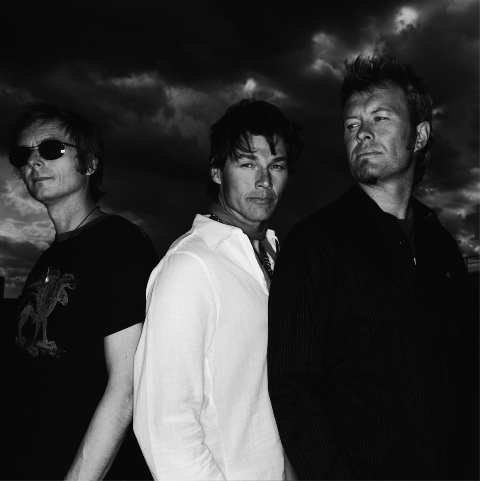 |
A-ha |
Country: Norwegia / Norway / Date of establishing : 1983 |
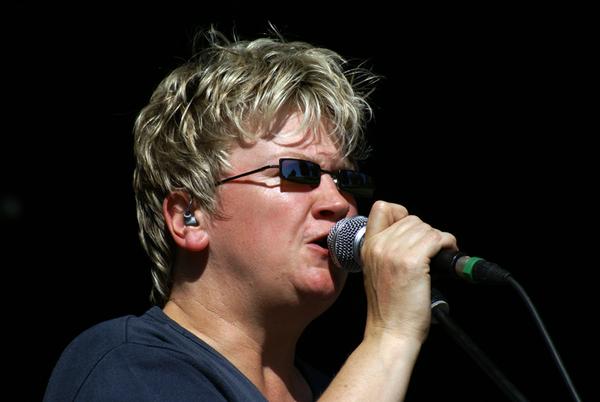 |
Anne Clark |
Country: Anglia / United Kingdom / Date of establishing : 1982 |
 |
Ashbury Heights |
Country: Szwecja / Sweden / Date of establishing : 2007 |
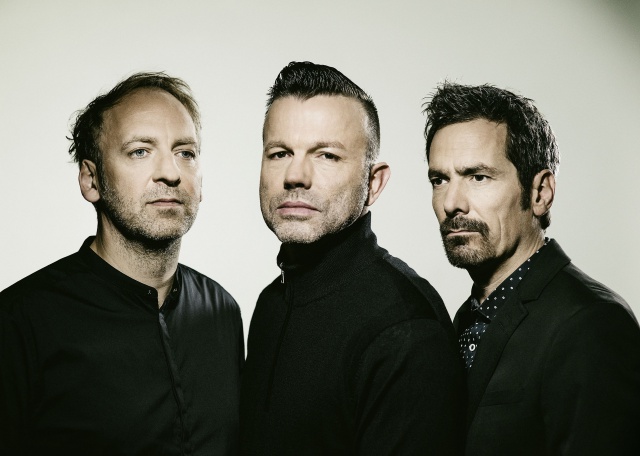 |
Camouflage |
Country: Niemcy / Germany / Date of establishing : 1983 |
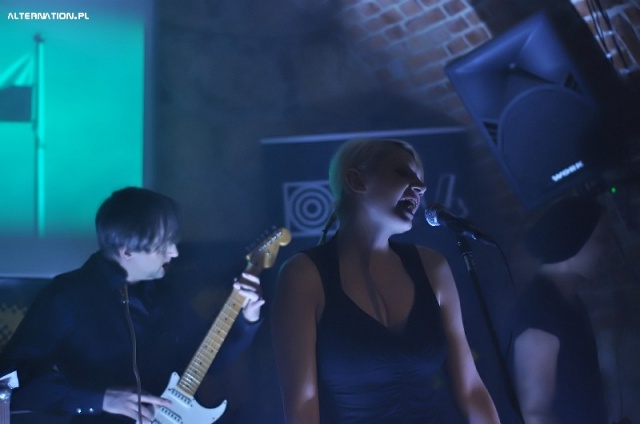 |
Das Moon |
Country: Polska / Poland / Date of establishing : 2010 |
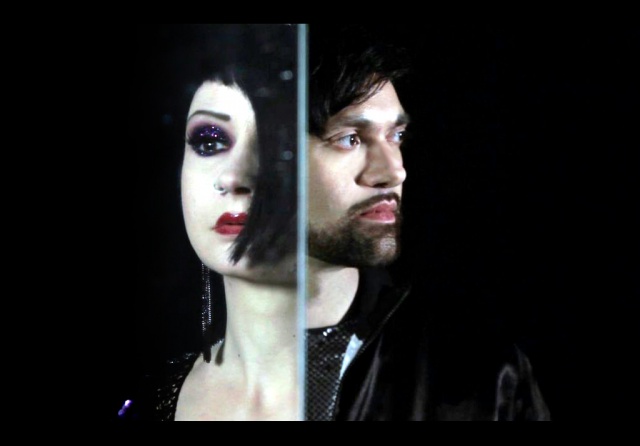 |
Dear Strange |
Country: Francja / Niemcy / France / Germany / Date of establishing : 2011-05 |
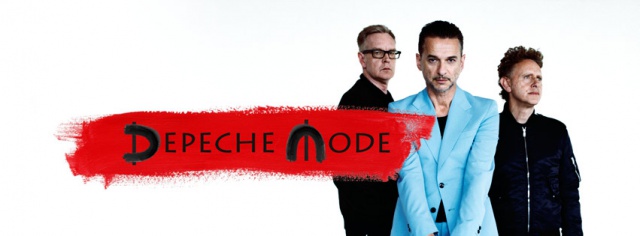 |
Depeche Mode |
Country: Wielka Brytania / Great Britain / Date of establishing : 1980 |
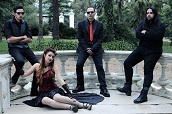 |
Fixion |
Country: Urugwaj / Uruguay / Date of establishing : 2002-06 |
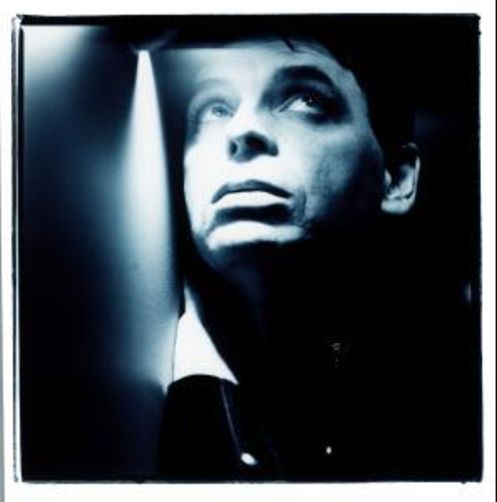 |
Gary Numan |
Country: Wielka Brytania / United Kingdom / Date of establishing : 1977 |
 |
Henric De La Cour |
Country: Szwecja / Sweden / Date of establishing : 2011-10 |
 |
Hurts |
Country: Wielka Brytania / United Kingdom / Date of establishing : 2009 |
 |
Jessica93 |
Country: Francja / France / Date of establishing : 2010 |
